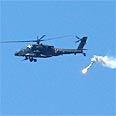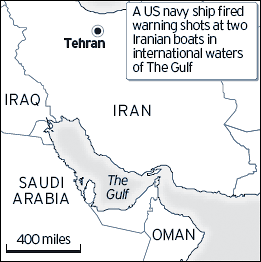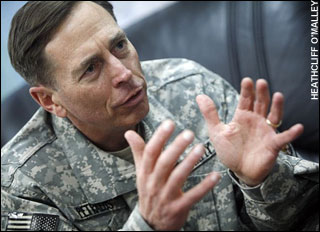Mikhail Gorbachev:
“Yet we see the United States approving a military budget and the defence secretary pledging to strengthen conventional forces because of the possibility of a war with China or Russia.
“I sometimes have a feeling that the United States is going to wage war against the entire world.”
(The U.S. are broke. Germany started World War II in very, very similar situation.
The U.S. – or better those who are considering themselves to be the elite – are preparing to start World War III.
If you think this is farfetched then please read the “World Situation” , especially what you find under Politics, to find out more about what is going on…….and be ready for a few surprises.
– The Infinite Unknown) __________________________________________________________________________________
Mikhail Gorbachev has accused the United States of mounting an imperialist conspiracy against Russia that could push the world into a new Cold War.
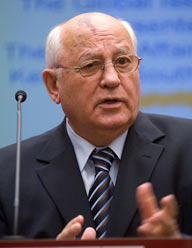
(AP) Mikhail Gorbachev: conspiracy
With Dmitry Medvedev due to be inaugurated today as Russian president, the Soviet Union’s last leader said that the White House’s claims of peaceful intentions towards its former superpower rival could no longer be trusted.
Delivering one of his most scathing attacks on the US, Mr Gorbachev told The Daily Telegraph that a US military build-up was under way to contain a resurgent Russia.
From Nato’s expansion plans in the former Soviet Union to Washington’s proposals for a bigger defence budget and a missile shield in central Europe, the US was deliberately quashing hopes for permanent peace with Russia, Mr Gorbachev said.
“We had 10 years after the Cold War to build a new world order and yet we squandered them,” he said.
“The United States cannot tolerate anyone acting independently.
“Every US president has to have a war.”
The 1990 Nobel Peace Prize winner’s denunciation of the US mirrors the most belligerently anti-Western speeches of Vladimir Putin – who is said to consult Mr Gorbachev on foreign policy matters.
Mr Putin may be switching jobs to become prime minister, but many expect him to remain the most powerful figure in Russian politics.



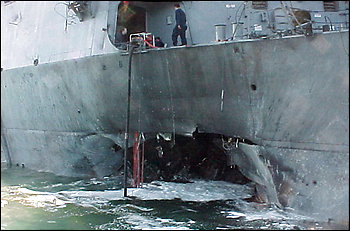


 Last September, Israeli jets bombed a suspected nuclear installation in northeastern Syria. Among the many mysteries still surrounding that strike was the failure of a Syrian radar—supposedly state-of-the-art—to warn the Syrian military of the incoming assault. It wasn’t long before military and technology bloggers concluded that this was an incident of electronic warfare—and not just any kind.
Last September, Israeli jets bombed a suspected nuclear installation in northeastern Syria. Among the many mysteries still surrounding that strike was the failure of a Syrian radar—supposedly state-of-the-art—to warn the Syrian military of the incoming assault. It wasn’t long before military and technology bloggers concluded that this was an incident of electronic warfare—and not just any kind.